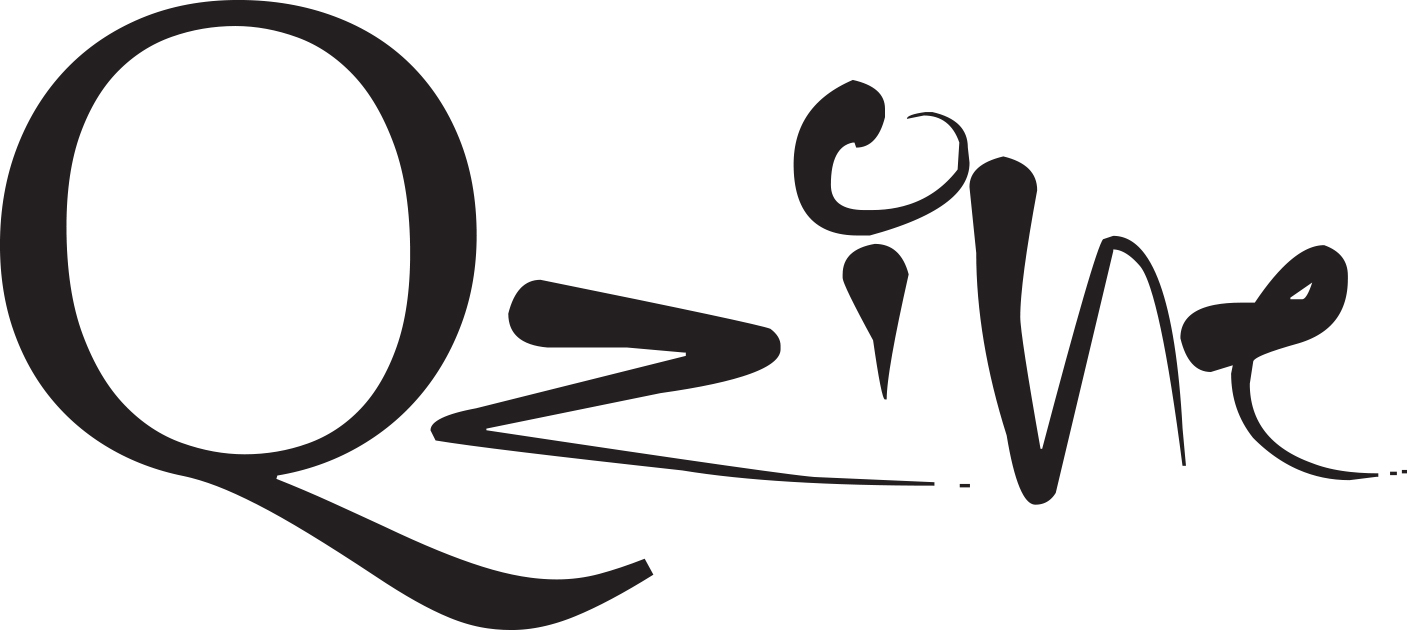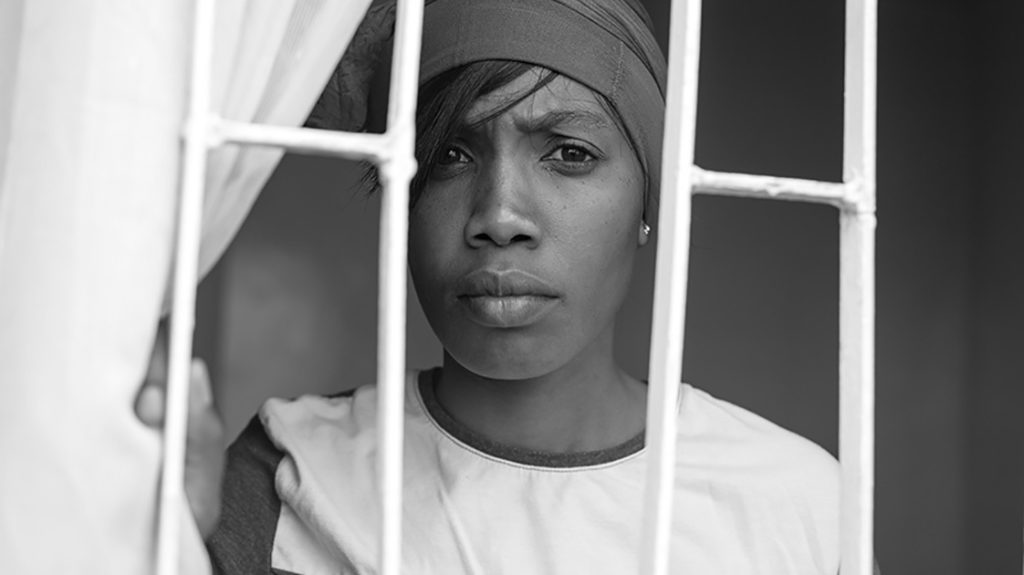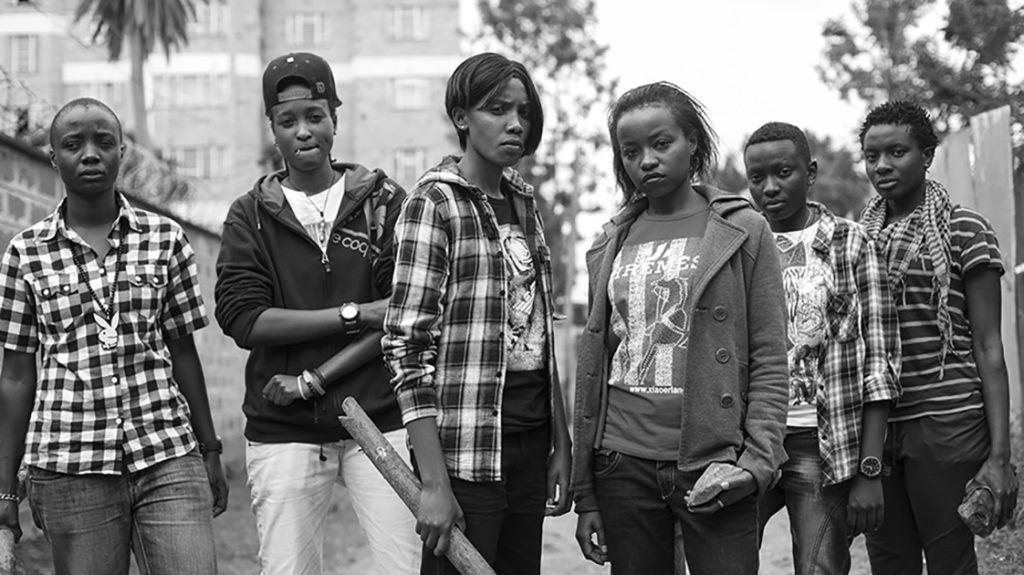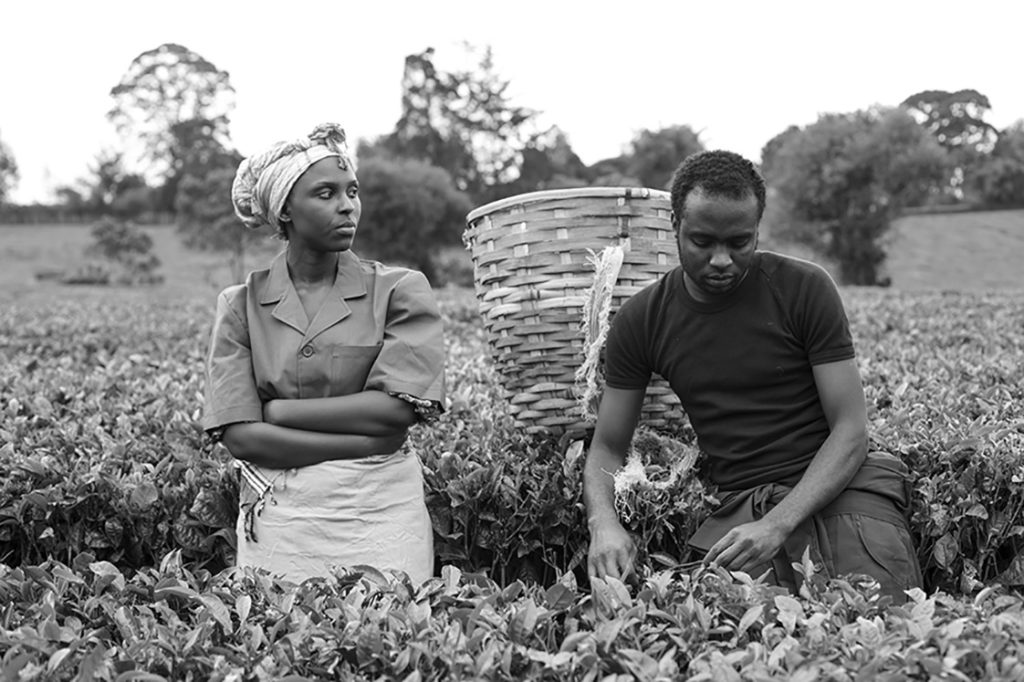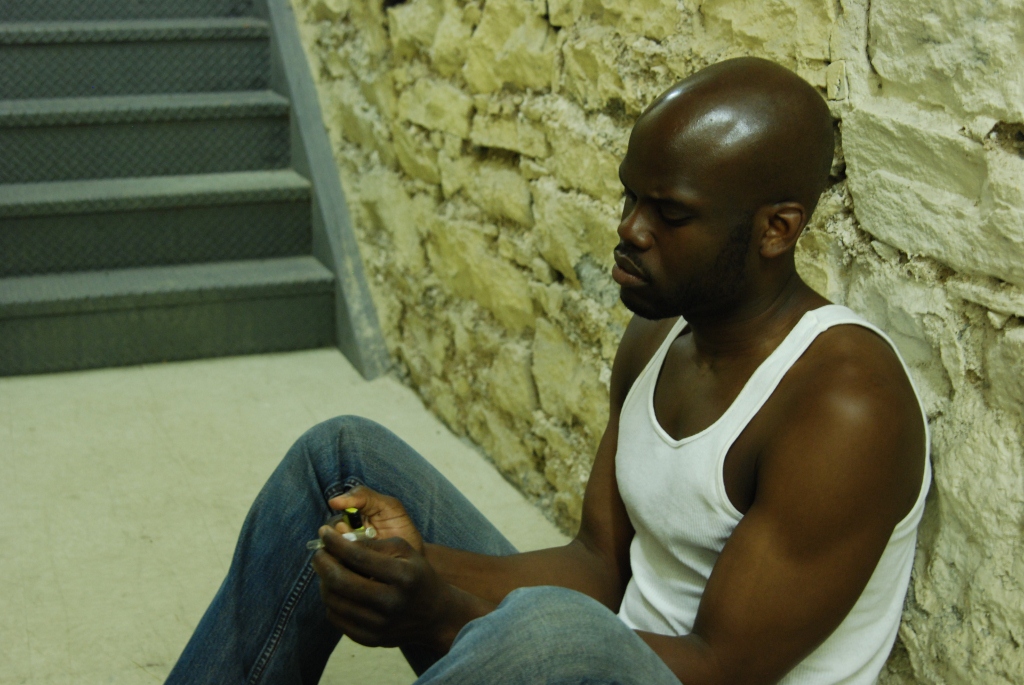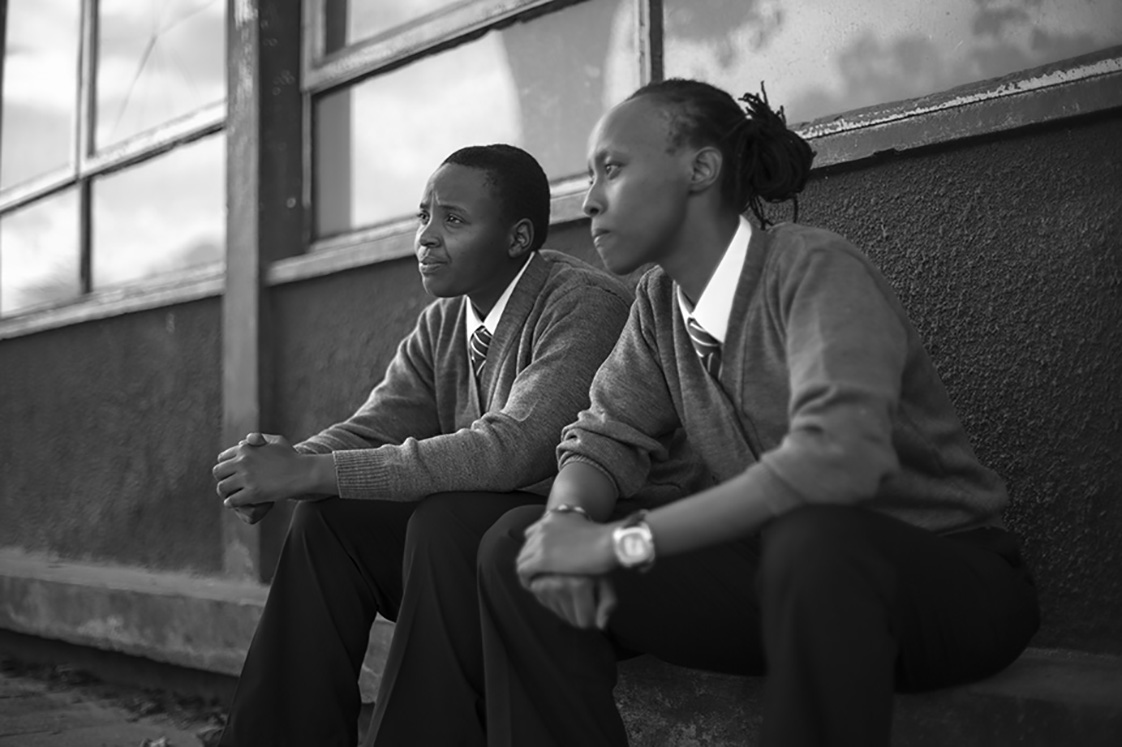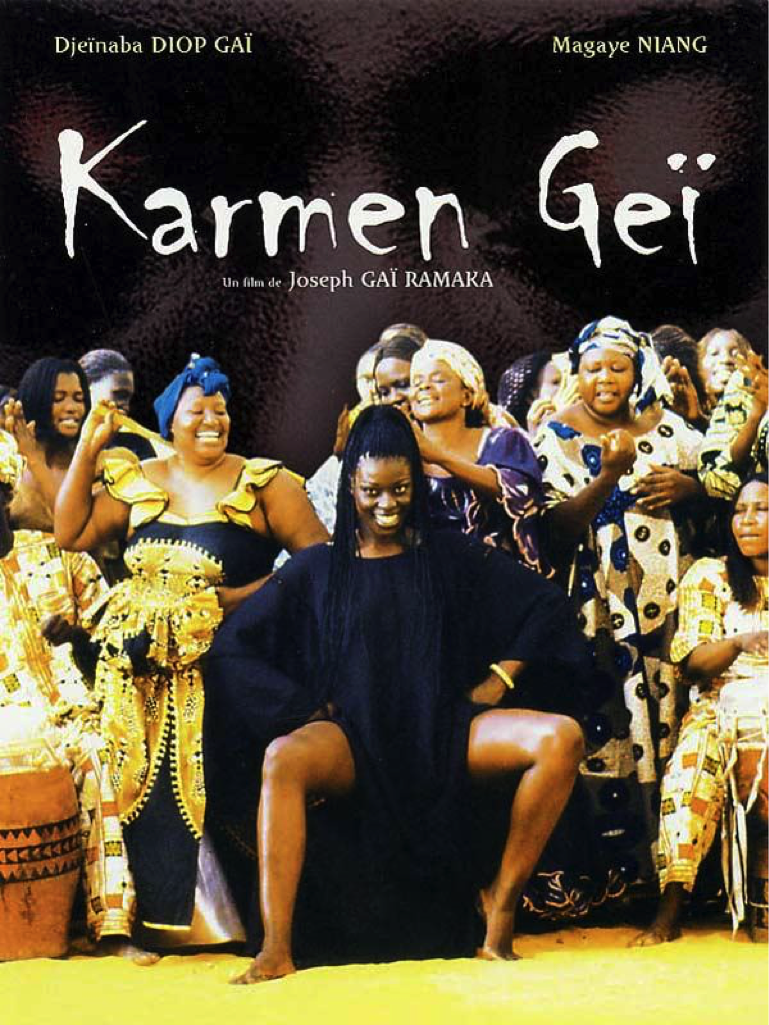Stories of Our Lives
Stories of Our Lives (And the Politics of Telling Our Own Stories). A Q&A with The NEST by OurSpaceIsLove & Q-zine
Q: Tell us about The NEST, who the people behind it are and when was it formed.
The NEST is a community of artists and audiences interested in alternative thought, as well as music, film and theater production collective. It existed as a mental space long before we got physical premises in late 2012, (we turn 2 this year!) co-founded by George Gachara (the film’s executive producer) and Jim Chuchu (the film’s director). The core production team consists of 10 multidisciplinary creatives.
Q: It is refreshing to see that Kenyans produced this film – that it is about your own queer community with the financial backing of an African foundation, so many firsts… Tell us about the politics of Kenyans representing your own communities through this lens. Why now? Why this film?
We made the film as part of a body of creative work to counter pervasive anti-gay sentiments that populate mainstream media. These narratives – where LGBTI individuals are demonized, pathologised or reduced to initials representing “key populations” for NGO reports – are unacceptably dehumanizing. One common tactic is to present LGBTIQ issues as being “imported from the West”, yet everything in our lived experiences and everything that we learned in our documentation project refutes that idea. African – and with regard to Stories Of Our Lives, Kenyan – LGBTIQ people originate, live, love and exist in the same spaces as all other Africans and Kenyans.
We wanted to tell these stories of the queer experience in Kenya that are seldom heard and routinely erased. We were also aware that their collection and telling by Africans, for Africans, was essential. After archiving over 250 individual accounts from cities and towns all over Kenya, the development of scripts, and the production of several shorts, we had a film. After a warmly successful world premiere at the Toronto International Film Festival, we presented the film for rating to formalise the process of screening in Kenya. The National Film Classification Board rated it “restricted”, effectively banning its public or private screening, sale or distribution in its current form within Kenyan borders.
Since then, queries on the limits imposed on citizen freedom of expression and conscience have arisen, especially as the mandate of the Board is to “safeguard national norms and values”, but that of the Ministry for Sports, Culture and Arts is “to contribute to overall national development through promotion and exploitation of Kenya’s diverse culture for peaceful co-existence.” These two mandates appear to be at odds. Recently, the Department of Film Services started legal proceedings against us over the shooting of the film without a licence.
In the meantime, we are working on other creative products from this project – we collected a whole lot of amazing stories, and the 5 shorts that make up the film are the retellings of just a few of them. We’re incredibly grateful to OSIEA, who supported the original story collection and archiving, and UHAI-EASHRI, who backed the production of the film, for believing in us and being such vital parts of this journey.
Q: How did you choose which stories to include in the film? How did that influence your framing of the stories? What was the editing process in general?
The stories that ended up in the feature were just amazingly, incredibly visual when they were told to us, so their development into film developed pretty organically. We shot each film when its script was ready, and we’d be in edits and post-production with some stories and in pre-production and shooting with others. Because the writing and shooting were parallel, we were influenced by current events relating to the queer experience as we went along – such as the developments in our neighboring countries Uganda and in Nigeria.
Q: This issue of the magazine aims to talk about love as revolutionary practice – what does the term revolutionary love mean to you (if anything)?
That’s a beautiful theme for an issue! I guess for us revolutionary love is the get-up-off-your-ass-and-do-something kind of love. The love that makes it a little easier to change our minds about the things that are holding us back. The kind that makes us braver and stronger and pushes us closer to truth. The kind that makes us see that all people are equally valuable, underneath all the politics and noise.
Q: What do you want people to take away from seeing the film?
As the NEST Collective, we believe that Kenyans and Africans – like all human beings – have multiple, complex identities, histories and aspirations. We think it is important to represent these complexities to challenge the anti-intellectual, anti-minority, hyper-religious, simplistic, puritanical, revisionist and conformist movements that are sweeping our country and the continent.
So – for us – this film is about fighting openly for the right of Africans to have different opinions, different worldviews, different identities and dreams – and for all these multiple identities to co-exist. We made this film because we believe strongly that the fight for the right to define one’s self, the right to be complex and different and unique, should be fought for proudly and openly.
Q: What’s next for The NEST?
We’re currently working on “Visa”, which is a research project exploring the complex relationships Africans have with the visa document, the things Africans are required to be, do and prove to obtain visas, and what different visas mean to different people. We’re super excited about that! We are also commissioning design work and casting talent for a fashion film.
